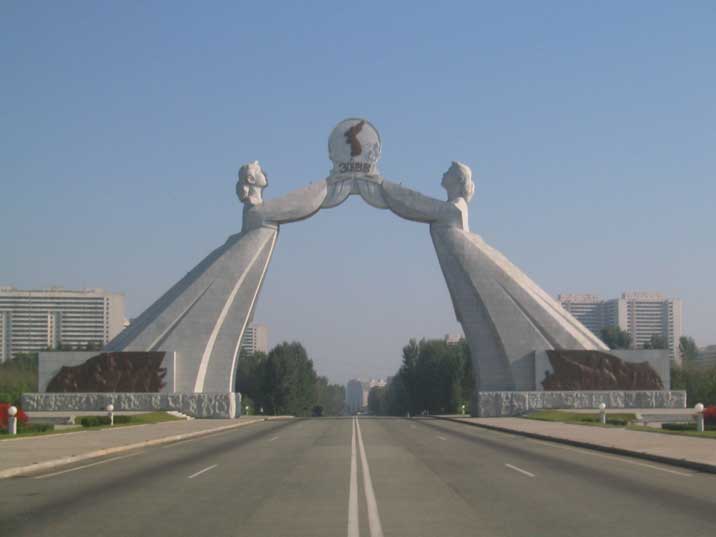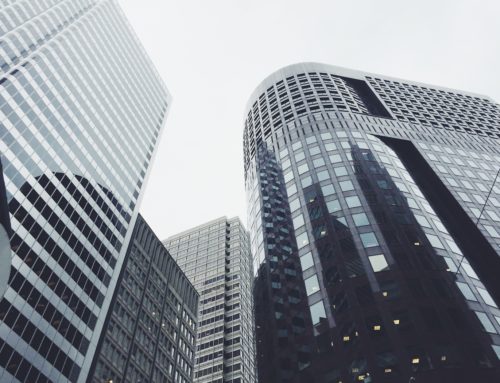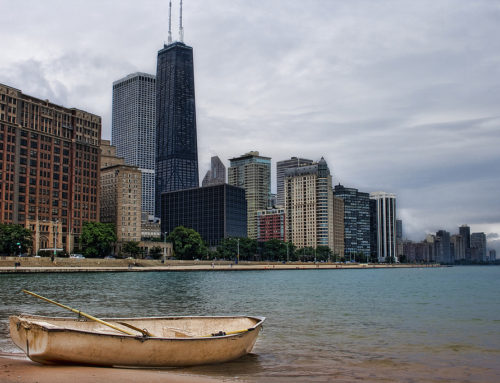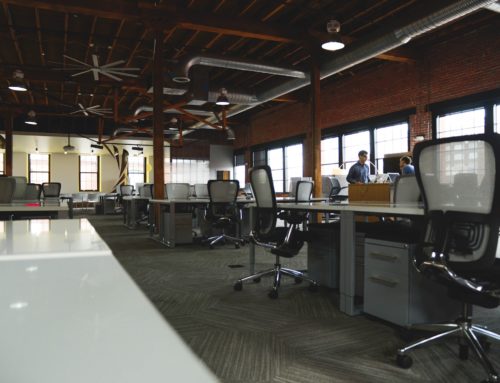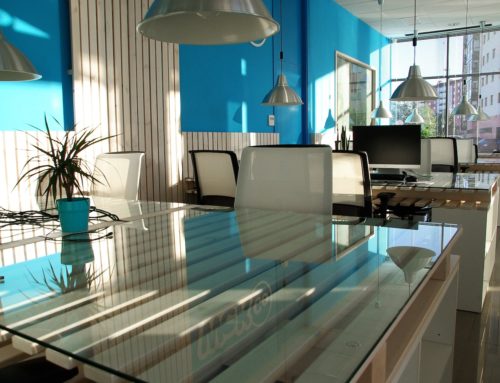I was recently perusing the business section of The Japan Times when I came across a most unusual headline: “North Korea Realty Market Soars.” I read it a couple of times before chuckling to myself and thinking, They must have meant “South, not “North.” Boy, are those editors going to catch hell for that mistake. Reading the article, though, I realized it wasn’t an error. The piece was indeed claiming that one of the world’s fastest-developing property markets could be found north of the DMZ.
I’ve been in real estate for a long time. Not much surprises me anymore. But this was surprising, to say the least.
Now, North Korea is nominally a communist nation, which means the government technically “owns” all the property in the country. (Its actual ideology is in fact a fanatic cult that centers on the Kims: Kim Il-sung, who set up the whole system, his son Kim Jong-il, and his grandson Kim Jong-un, the current head of state.) Consequently, the buying and selling of houses and apartment buildings is a crime punishable by hard labor—and supposedly unnecessary, as the government builds and allocates housing for all its citizens.
Yet, according to this article, brokers abound with lists of properties for sale throughout North Korea, and private real estate transactions are conducted regularly in Chinese Yen along the northern border and in U.S. dollars (!) in the capital city of Pyongyang, where apartments can sell for more than $100,000. Even the government is getting in on the action: The state-run news agency KCNA reported that in January of this year, it built approximately 1,000 apartments for the families of scientists in Pyongyang. While illegal, the government itself has sold some of these units and kept the proceeds as pure profit.
How is this possible in what is arguably the world’s most militarized, totalitarian and anti-Western country?
It all started during the nation’s famine in the mid-1990s, when the state food-distribution system collapsed. People still had to eat, which opened the door for private black markets selling food in the late 1990s. Trading of properties soon followed, continuing to the present day. As you might expect, buyers and sellers have to bribe government housing officials to approve their transactions by issuing modified residency documents. Most of these deals are funded by defectors who manage to smuggle money back to their relatives in North Korea so that they can buy better homes, though reportedly a few of these properties are being bought by foreigners as a long-term investment in anticipation of an eventual reunion between the two Koreas.
I bring this up because it demonstrates how much of a force economic globalization is in our time. If a country like North Korea can’t keep it out, then it’s a truly compelling and irresistible influence. Now, let’s be clear: That nation isn’t going to change overnight. (Indeed, one, if not the most sought-after location in Pyongyang is proximity to statues of the Kims.) But it’s a sign of where things are headed in that country, even if it’ll take a while to get there.

